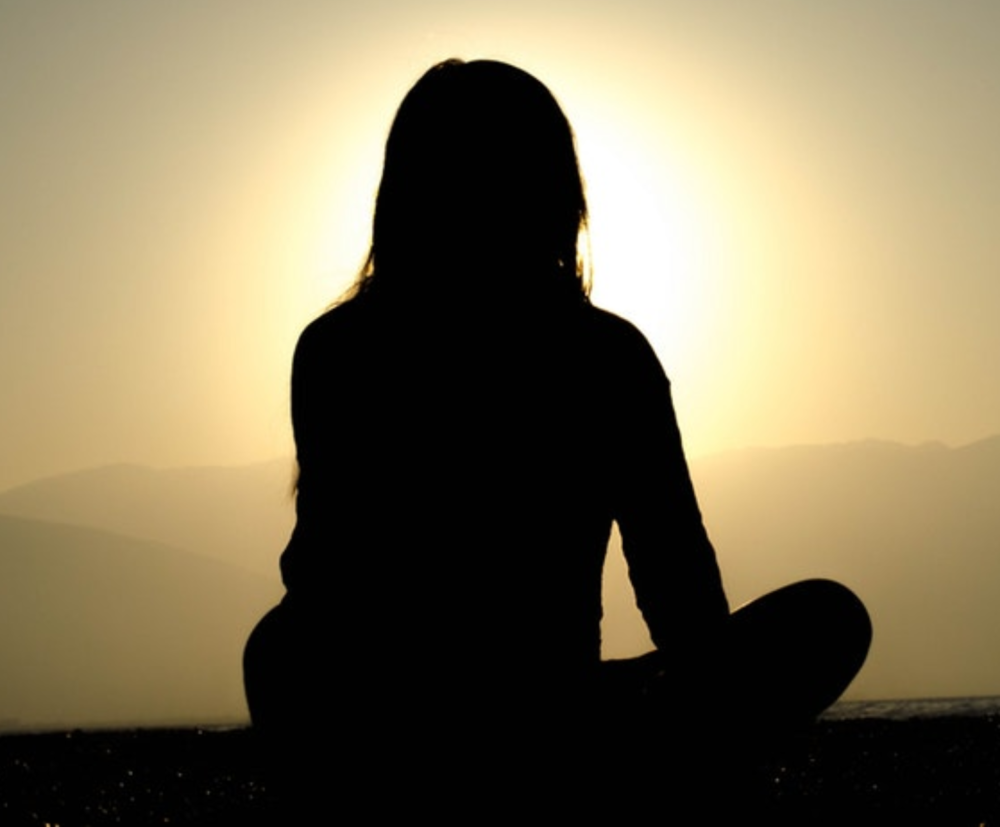
Self-Awareness
Shuchi Shukla
- 0
- 218
Most experts will tell you that every emotion – negative and positive – are forceful and could be a constructive force. But you have to be mindful and self-aware. While we may feel that we are mostly aware all through our waking hours. However, that is only an awareness of our surroundings that our five senses can feel. Self-awareness is an awareness of your internal being – your thoughts, your reactions, the why, how, what, and the when.
Thinking deeply, we will find that most of the time, our emotions control us.
Remember the infamous incident on the Oprah Show when Tom Cruise jumped up and down the sofa expressing his immense excitement for his newfound love. For some time, it was talk of the town and the topic of many jokes. The incident effectively proves how out of control we can become when an emotion is in control. Now, there is nothing wrong with being as ecstatic as Tom Cruise was, but there is no denying that he was not in the most objective state of mind.
What is Self-Awareness?
To understand what self-awareness is, we should remember what it is not- it is not self-judgment or self-criticism.
Self-awareness is a deeper understanding of who we are in a complete sense. It is also a study in finding if we have ignored an aspect of our personality that may need attention. Knowing ourselves better is the clue to being in control and appreciating who we are in the true sense. It leads to a more enjoyable life. Self-awareness leads to a better understanding of self and, in turn, helps self-estimation and self-esteem.
More importantly, a study in self-awareness will be the most useful thing we will do for self-care.
Think of it this way- raising self-awareness is like opening all your taste buds to relish our existence and find the fulfillment that we all are searching for.
The ultimate goal of a self-aware person or somebody who wants to raise self-awareness is to keep their objectivity in each situation while feeling each emotion. It seems rather tedious and not to mention a dreary goal. However, the exercise in raising self-awareness has long-term benefits and ultimately helps us reach higher vibrational levels.
We are emotional creatures. Feelings and moods make us who we are. So, the question is how to maintain objectivity while feeling all emotions to their full extent!
Being aware of ourselves is the key. For that, we need to examine a few questions-
- What is self-awareness
- How to improve self-awareness?
- How does it become a habit?
- How can we be self-aware most of the time, if not all?
All the above questions can be answered if each of us asks this question – Am I a self-aware person?
An Exercise in Raising Self-Awareness
We have discovered an exercise that helps us answer the above question and honestly look at ourselves from a third-person’s point of view. The preferred method is to handwrite, but you can also use your word processor for this exercise.
Materials needed
- Paper/journal
- Pen
- Highlighters- yellow, light blue, light green, and orange
Describe yourself as if you are telling a friend about somebody else. Focus on both your weakness and strengths. Don’t write anything about the physical aspects of your being – looks, complexion, voice – none of that. Try your best to materialize your intangible personality on the paper.
Read your passage and see if you can identify these points-
- Were you able to describe your thoughts clearly?
- How did you express the way you felt?
- Did you write about how you react to different situations?
- Were you able to go deeper into your own psyche?
Finding Yourself
Mark or highlight in yellow (Known Self)
- Things you were able to describe your known self
- Things you were able to write freely without any qualms/inhibitions
- The most agreeable side of you
Mark in light green (Hidden Self)
- Things only you know about yourself
- Things you do not want others to know
- Things that make you ashamed, vulnerable, or feel shy about telling others due to humility
Mark in light blue (Blind Self)
- Things others may know about you, but you are just taking a guess
Mark in orange (Unknown Self)
- Things neither you nor others know about you
Obviously, writing about your known self will be the easiest to write. You can also write about the hidden self to a large extent. But how can one write about the blind and unknown self? For that, you can examine situations in your life and scan your reactions to them. How did you react to criticism? How did a tragedy affect you? What did losing a loved one mean to you? How did you react when somebody cut you in line or traffic? Did you find yourself holding your breath or blurting out an insult? Were you able to stay calm when an undeserving colleague got the promotion instead of you?
You may want to revisit your writing and find what you missed. Most of us will find exploring and introspecting ourselves more keenly.
Let us know if this exercise was useful.


